Europe 1745-1901
In this period European nations transform themselves once more. Nationalism and republicanism take a foot hold as do influential political ideologies and discourses that will go on to have a huge impact on the 20th century. The Leaders of France and Germany are examined for their huge impact on the Europe of that time.
Sort by:
Date (Newest first) | Title A-Z
Show:
All |
Articles |
Podcasts |
Multipage Articles
-
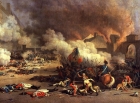
Age of Revolutions Resources
InformationClick to view -
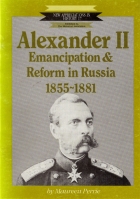
Alexander II
ArticleClick to view -
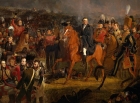
Assessing the Battle of Waterloo in the classroom
ArticleClick to view -
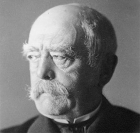
Bismarck
ArticleClick to view -
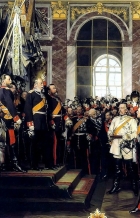
Bismarck after Fifty Years
ArticleClick to view -
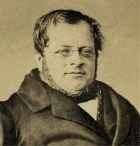
Cavour and Italian Unification
ArticleClick to view -
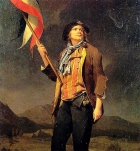
Counterfactual Reasoning: Comparing British and French History
ArticleClick to view -

Cunning Plan 190: Using art to make A-level history more accessible
ArticleClick to view -

Cunning Plan 97: A-Level: International Relations 1890-1914
ArticleClick to view -

Decolonise, don’t diversify: enabling a paradigm shift in the KS3 history curriculum
ArticleClick to view -

Film Series: Power and authority in Germany 1871-1991
ArticleClick to view -

Film series: Power and authority in Germany, 1871-1991
ArticleClick to view -

French Revolution Podcasts
ArticleClick to view -

Historical Events or People in 10 Tweets - The Crimean War
ArticleClick to view -

How my interest in what I don't teach has informed my teaching and enriched my students' learning
ArticleClick to view -

Imagining cities: exploring historical sites as contested spaces
ArticleClick to view -

Integrating heritage education and public history at school
ArticleClick to view -
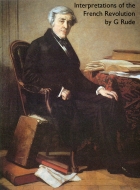
Interpretations of the French Revolution
ArticleClick to view -
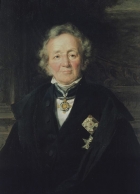
Leopold von Ranke - Pamphlet
ArticleClick to view -
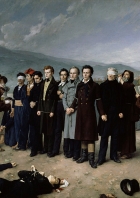
Liberalism in Nineteenth-Century Europe
ArticleClick to view

